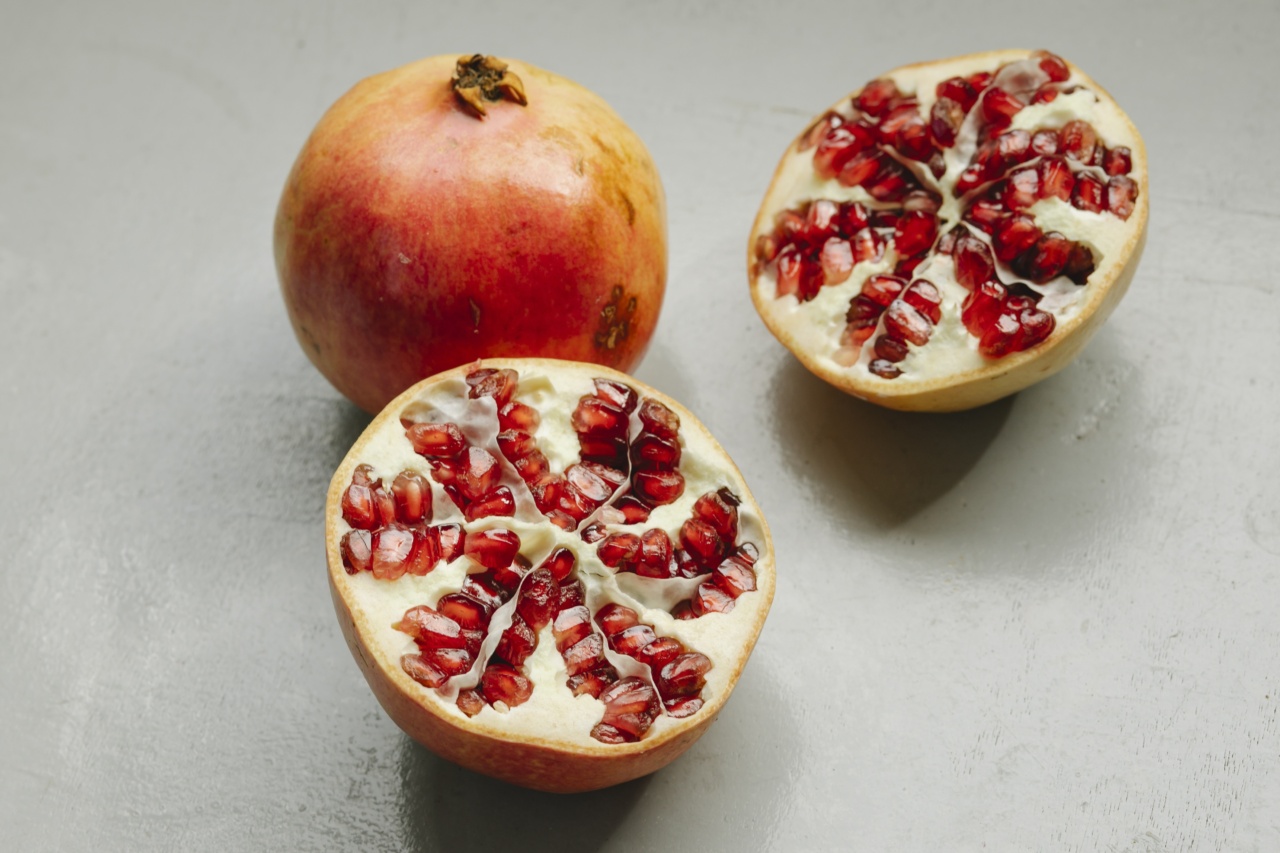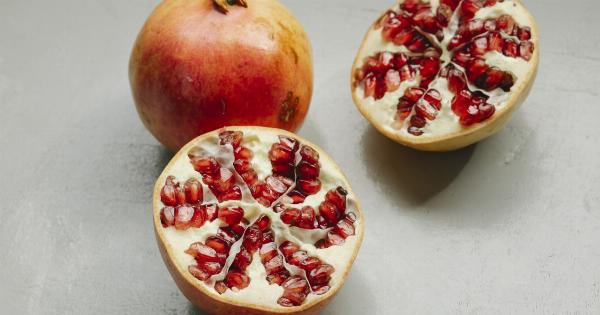Whole grains are considered an essential part of a healthy diet. They are a staple food in many cultures and have been a source of sustenance for centuries.
In recent years, there has been a surge in interest surrounding whole grains due to their numerous health benefits and nutritional value.
What Are Whole Grains?
Whole grains consist of the entire grain seed, including the bran, germ, and endosperm. This means that they retain all the essential nutrients and fiber found in the grain.
Common examples of whole grains include whole wheat, brown rice, oats, quinoa, and barley.
Nutritional Composition of Whole Grains
Whole grains are packed with essential nutrients that are crucial for maintaining good health. They are an excellent source of carbohydrates, which are the body’s primary source of energy.
Additionally, whole grains are rich in dietary fiber, vitamins, minerals, and antioxidants.
Benefits of Whole Grains
1. Improved Digestive Health: Whole grains are an excellent source of dietary fiber, which plays a vital role in maintaining a healthy digestive system. Fiber adds bulk to the stool, preventing constipation and promoting regular bowel movements.
2. Weight Management: Whole grains are more filling than refined grains due to their higher fiber content. This can help in controlling hunger and reducing calorie intake, making them a valuable asset in weight management.
3. Reduced Risk of Chronic Diseases: Regular consumption of whole grains has been associated with a lower risk of developing chronic diseases such as heart disease, type 2 diabetes, and certain types of cancer.
The fiber, antioxidants, and phytochemicals in whole grains contribute to these protective effects.
4. Heart Health: Whole grains contain heart-healthy nutrients like soluble fiber, potassium, magnesium, and antioxidants. These elements help in lowering cholesterol levels, reducing blood pressure, and decreasing the risk of heart disease.
5. Balanced Blood Sugar Levels: The fiber and complex carbohydrates present in whole grains help regulate blood sugar levels by slowing down the digestion process.
This prevents rapid spikes and crashes in blood glucose levels, making whole grains a valuable addition to a diabetic-friendly diet.
6. Boosted Immune System: Whole grains contain various vitamins and minerals that play a crucial role in supporting a healthy immune system. These nutrients include vitamin B, vitamin E, zinc, selenium, and iron.
7. Improved Nutrient Absorption: The presence of phytic acid in whole grains enhances the absorption of essential minerals like calcium, iron, and zinc. This ensures that your body can efficiently utilize these nutrients.
8. Decreased Inflammation: Whole grains possess anti-inflammatory properties due to their high content of antioxidants and other beneficial compounds.
Inflammation is a common underlying factor in many chronic diseases, so incorporating whole grains into your diet can help reduce overall inflammation.
9. Enhanced Longevity: Studies have consistently shown that individuals who regularly consume whole grains have a lower risk of premature death.
Their nutrient density, combined with their protective effects against chronic diseases, contributes to a longer and healthier life.
10. Versatile and Delicious: Whole grains can be incredibly versatile in the kitchen, offering a variety of flavors and textures. They can be incorporated into a wide range of dishes, from salads and stir-fries to soups and baked goods.
How to Incorporate Whole Grains into Your Diet
There are numerous ways to enjoy the nutritional benefits of whole grains in your daily diet:.
1. Start your day with a bowl of whole grain cereal or oatmeal.
2. Substitute refined grains with whole grains in recipes such as brown rice instead of white rice.
3. Opt for whole grain bread, wraps, or tortillas instead of their refined counterparts.
4. Snack on whole grain crackers or popcorn instead of processed snacks.
5. Experiment with different whole grain varieties like quinoa, barley, and farro.
6. Make homemade granola bars or energy balls using whole grain oats.
7. Add whole grain flour when baking muffins, bread, or cookies.
8. Choose whole grain pasta instead of regular pasta.
9. Incorporate whole grains into your salads by adding cooked grains like bulgur or wheat berries.
10. Enjoy whole grain options when dining out, such as ordering whole wheat pizza crust.
Conclusion
Incorporating whole grains into your diet offers a plethora of health benefits. From improved digestive health to reduced risk of chronic diseases, the nutritional value of whole grains is undeniable.
By making simple swaps in your meals and snacks, you can enjoy the delicious flavors and reap the rewards of a whole grain-rich diet.




























